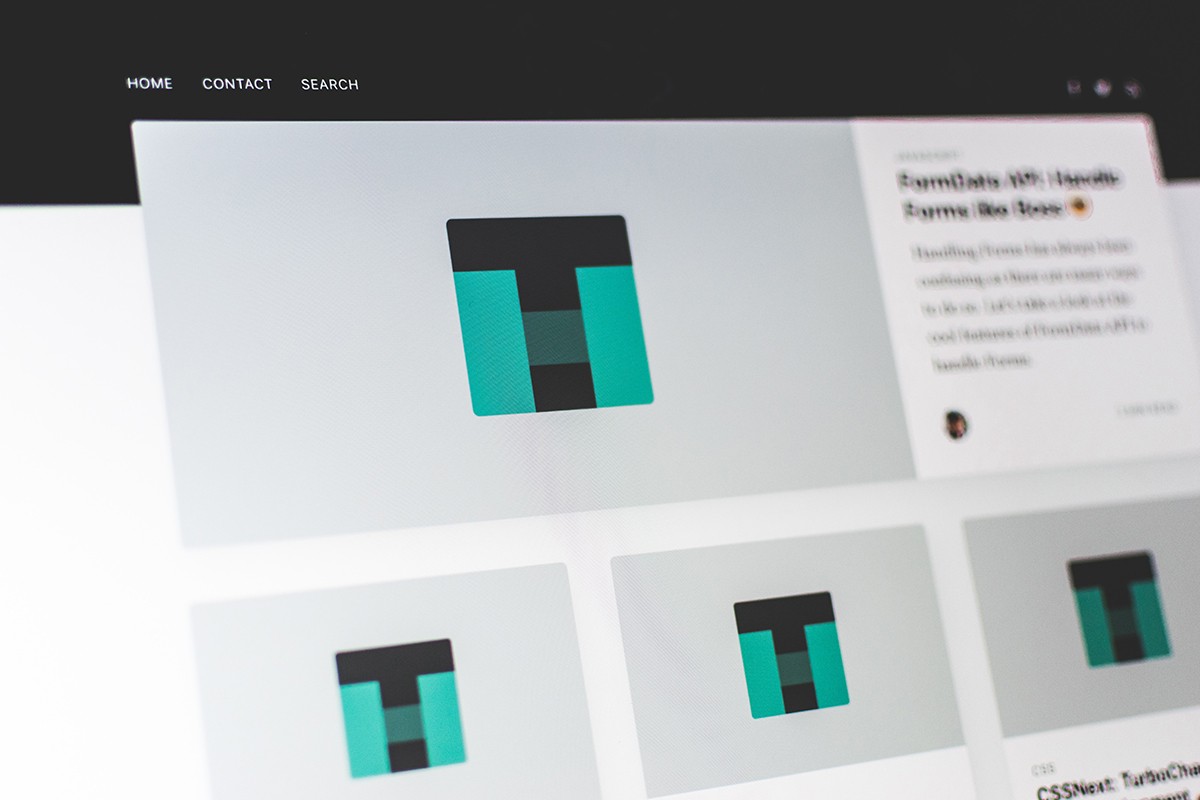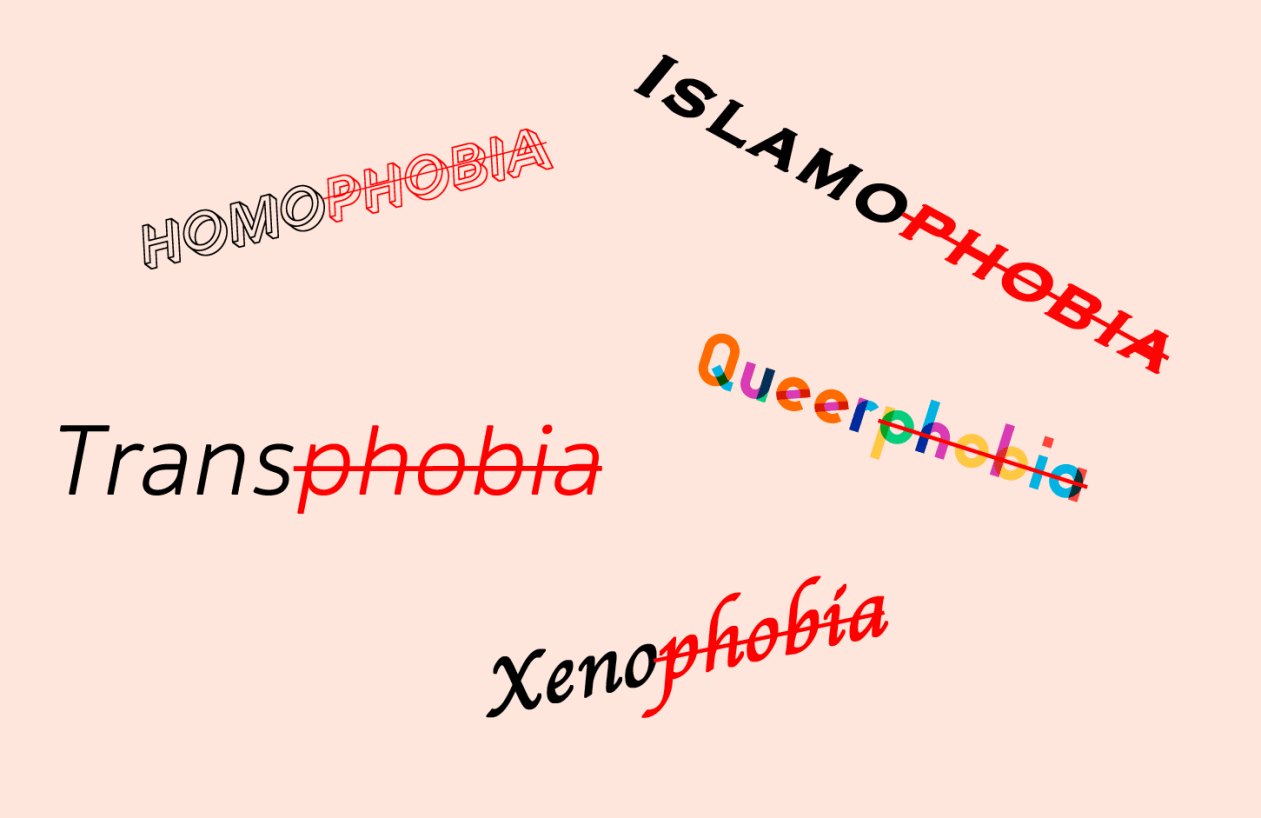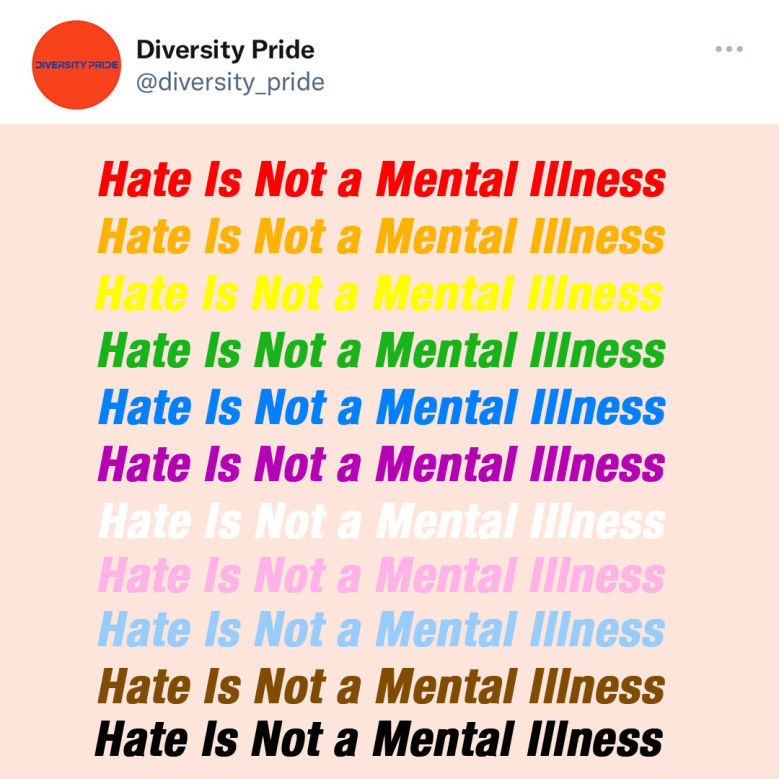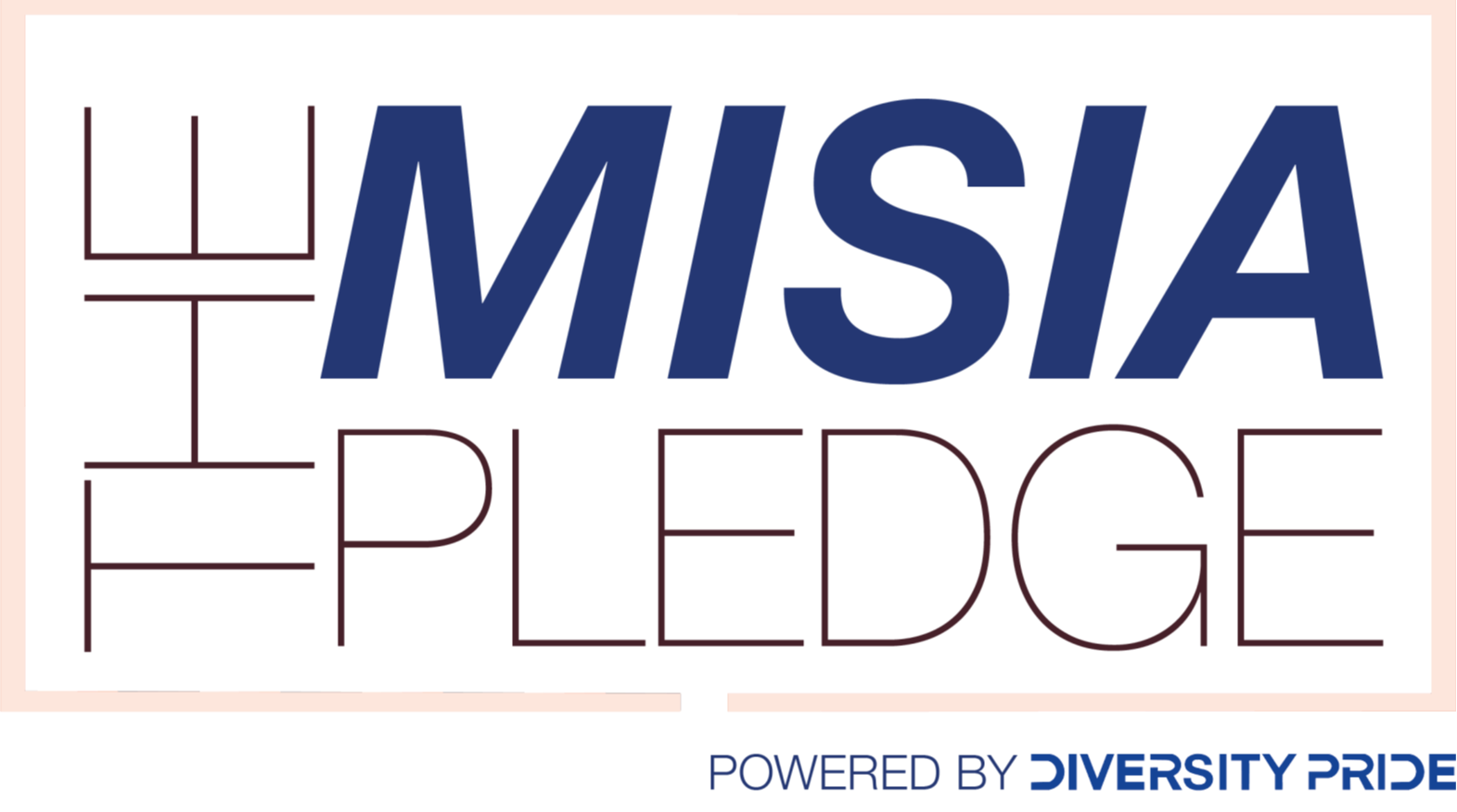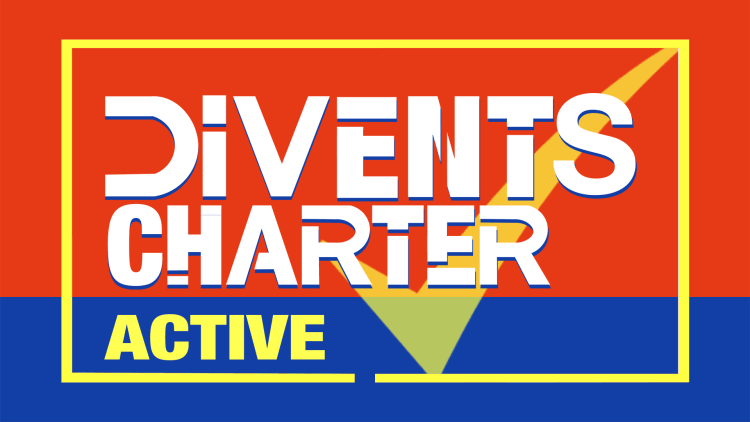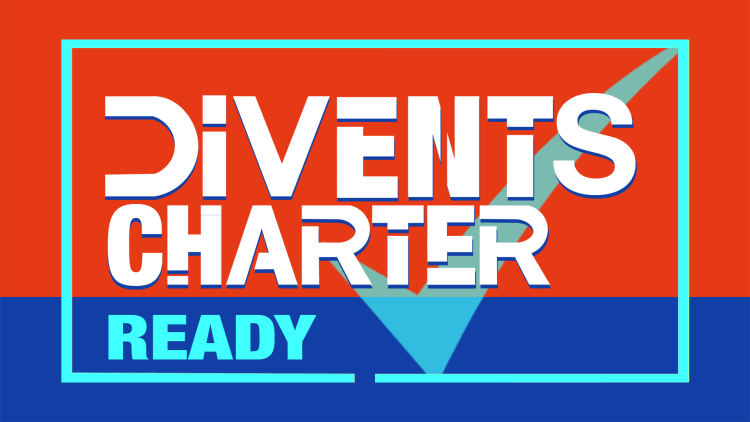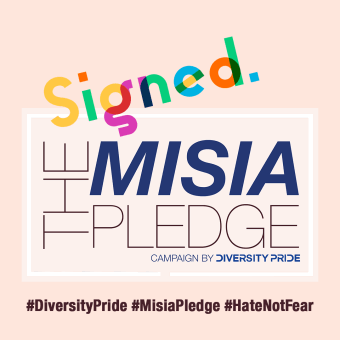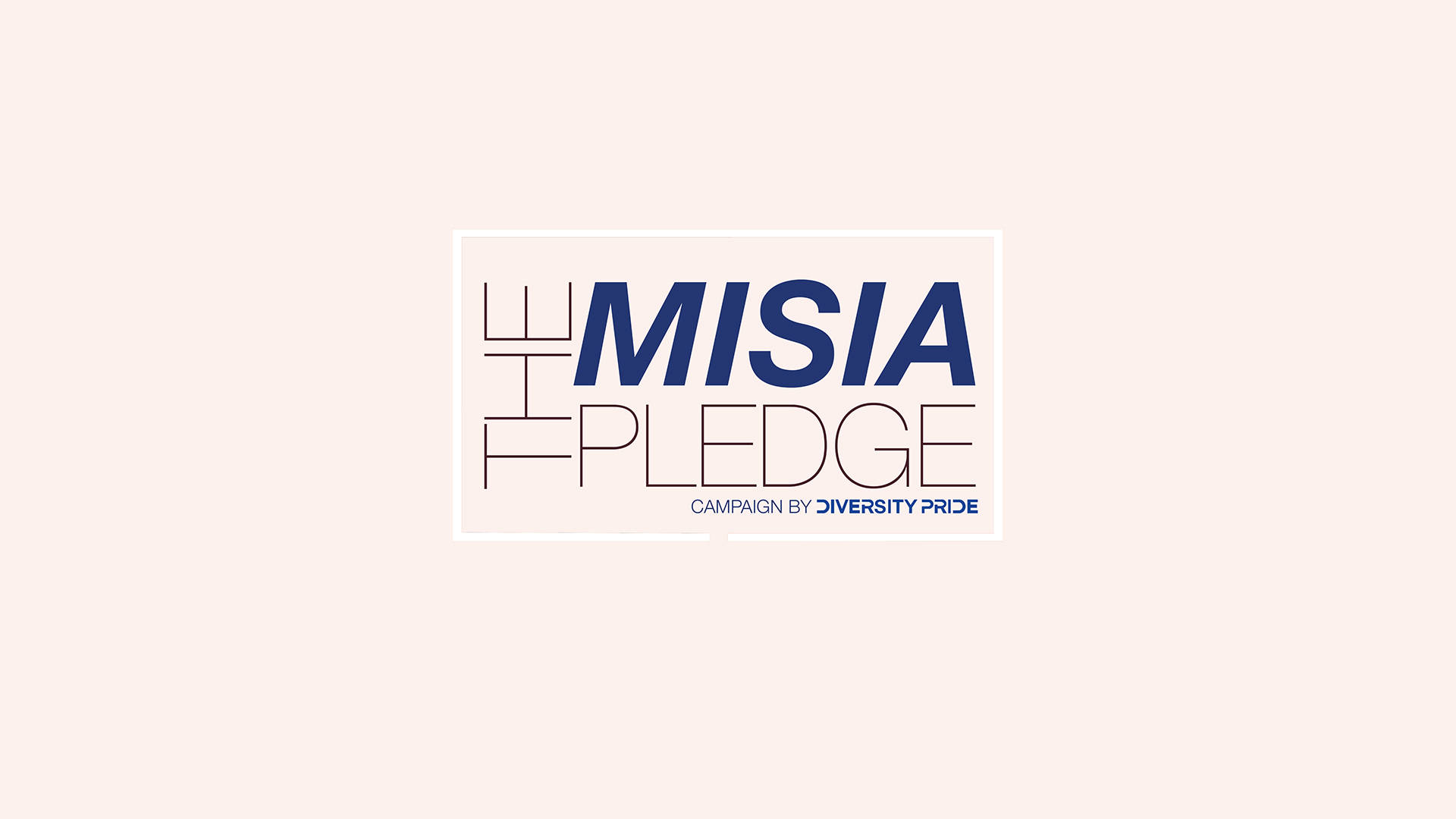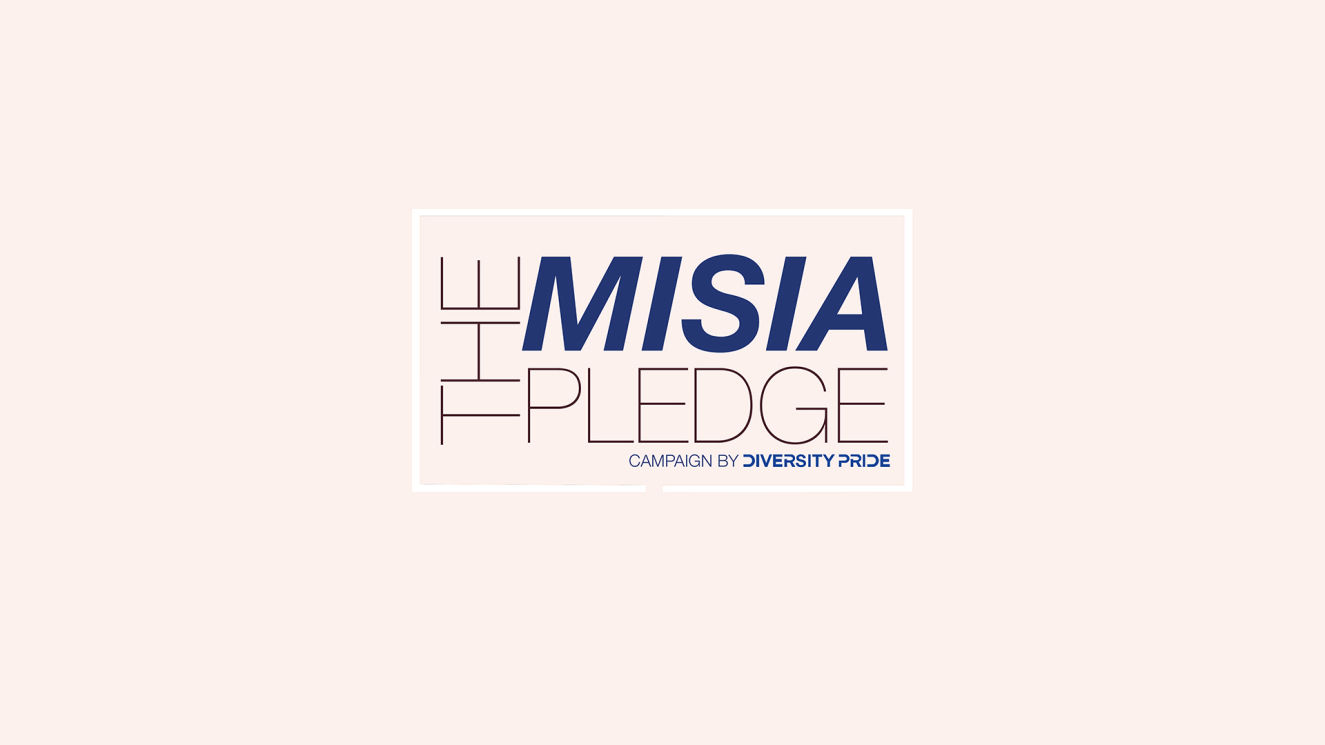Businesses can join the international effort by publishing clear and simple information about non-discrimination policies for customers. Where possible they should have specialist teams dedicated to support customers if they are having problems, such as those who may have felt discriminated at your premises or by your staff.
This could include a warm welcome message to all customers, no matter what their believe, gender, ability, sexual orientation, origin, or colour of their skin is. Other may wish to consider visibly showcase their support for all, by standing up to hate-related incidents targeted at their employees.
For example, Ikea posted supporting to a racist and Islamomisic comment about one of their employees:
“Our company has clear values: respect for everyone, regardless of their origin, sexual orientation or religion. Before you judge a person based on their clothes, you must get to know them."
“We do not welcome your comment which is explicitly discriminatory. Of course, you have the right to have your opinions in private, but publishing them openly in this way exposes you to the eyes of the law, and we will in no way mourn the fact that you no longer ‘step into’ our store with such ideas,”
